Resignation Letter Template for COVID Vaccine Mandate
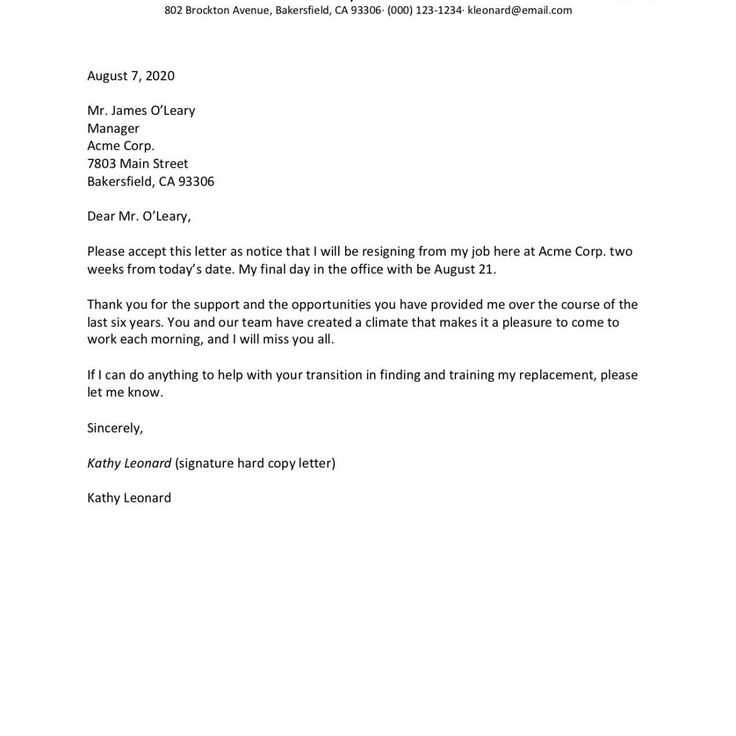
In some workplaces, new health policies require employees to make difficult decisions regarding their employment status. For many, these decisions come with a personal conflict that can lead to stepping away from a position. If you find yourself in such a situation, it’s important to approach this transition in a clear and professional manner.
When choosing to leave your job under these circumstances, it’s crucial to communicate your intentions respectfully and concisely. Writing an official note to explain your departure is an essential part of the process. Crafting a message that conveys your reasons while maintaining professionalism can help you manage the situation effectively, regardless of the emotional nature of the decision.
While the specifics of your situation may vary, understanding the key elements of a well-written notification can ensure a smooth exit. This guide will provide practical advice on how to approach your resignation in a way that respects both your personal choices and professional integrity.
Why Some Employees Resign Over Health Policy Requirements
As health-related policies evolve in workplaces, some individuals face a challenging decision: whether to remain employed or step away from their roles. The decision to leave a job because of such policies often stems from personal beliefs, values, or concerns about individual rights. For many, the conflict between professional obligations and personal convictions becomes insurmountable.
Key Reasons Behind the Decision to Leave
- Personal Health Beliefs: Some employees may have strong beliefs about personal medical choices and the autonomy to make decisions about their own health, which may not align with workplace requirements.
- Religious or Ethical Reasons: For others, ethical or religious views play a significant role, influencing their stance on compliance with specific health measures.
- Concerns Over Safety: There may be concerns about the long-term effects of certain health protocols, prompting some individuals to choose to leave rather than comply.
- Lack of Understanding or Trust: A lack of trust in the policies or the organizations implementing them can lead to feelings of distrust and an unwillingness to comply.
The Emotional Impact of Departing a Job
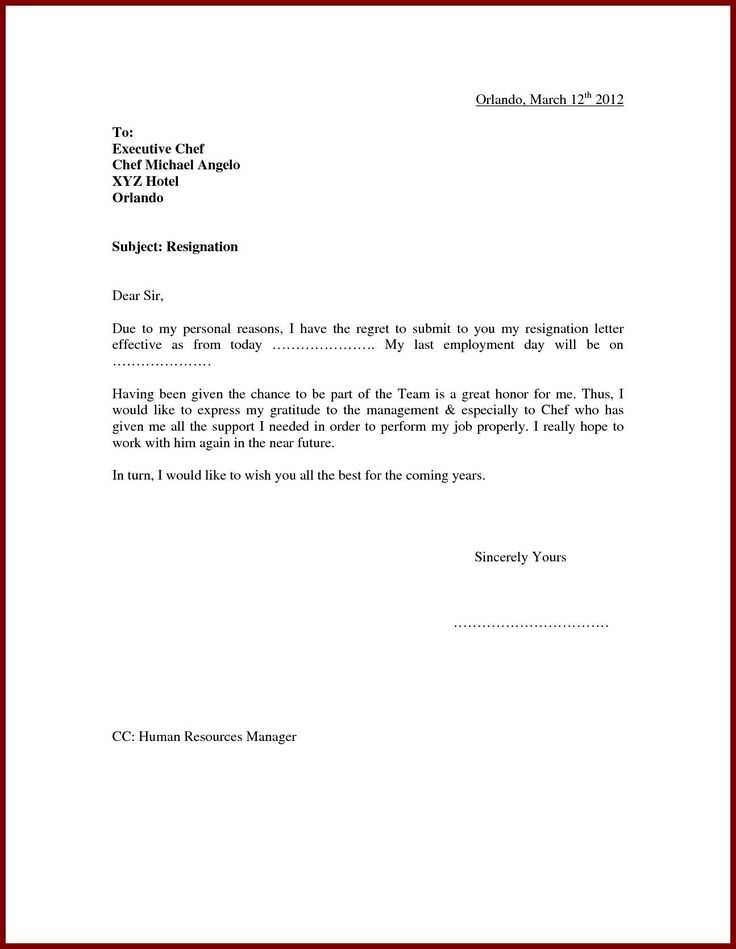
Leaving a job under these circumstances can be emotionally taxing. For many, it is not just about the loss of income but also about the impact on their identity and professional reputation. However, for some individuals, the personal need to maintain their values outweighs these challenges, making their decision an essential part of protecting their beliefs.
How to Write a Professional Job Departure Notice
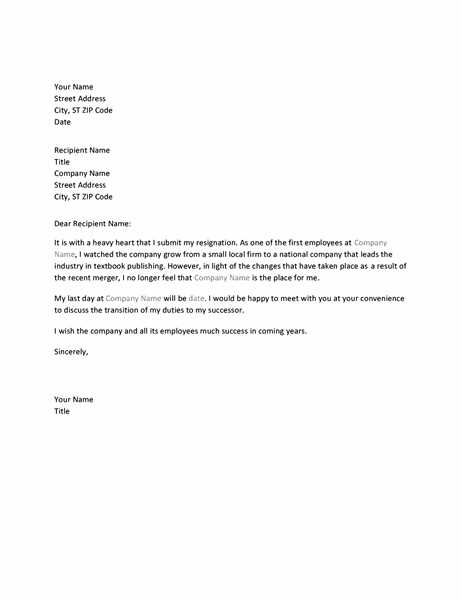
When you decide to leave a position, it’s important to communicate your decision clearly and respectfully. A well-crafted document can ensure that your exit remains professional and that you leave on good terms with your employer. While the decision may be personal, the way you express it professionally reflects your values and respect for the organization.
A clear and concise statement of your intentions is essential. Be direct about your choice to step away, while maintaining a tone that is respectful and neutral. It’s important to avoid unnecessary detail or emotion, focusing instead on presenting your decision in a matter-of-fact way. This helps maintain professionalism while protecting your reputation.
Essential Elements of a Proper Notice
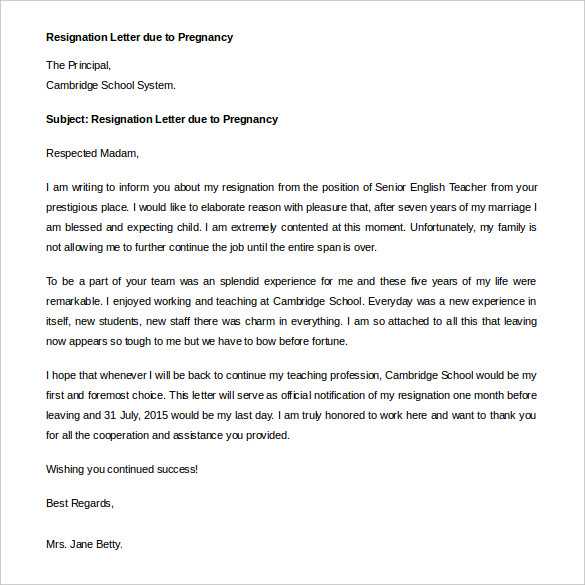
- Start with Gratitude: Begin by thanking your employer for the opportunities provided during your time with the company. Acknowledging positive aspects of your experience can leave a lasting good impression.
- Clearly State Your Decision: Directly mention your decision to leave without ambiguity. Avoid explaining your reasons in great detail unless you feel comfortable doing so.
- Provide Your Last Working Day: Specify the exact date when you plan to end your employment. This gives your employer clarity on when to expect your departure.
- Offer Assistance with Transition: Offering help during the transition, such as training a replacement or assisting with handover tasks, shows professionalism and consideration.
Final Considerations
Keep your message brief but informative, maintaining a balance between professionalism and clarity. Ensure that the document is free of any emotional language and is focused on the facts. A well-written notice will help facilitate a smooth transition and ensure that you leave on a positive note, regardless of the circumstances leading to your departure.
Legal Considerations for Job Departure Over Health Policy Requirements
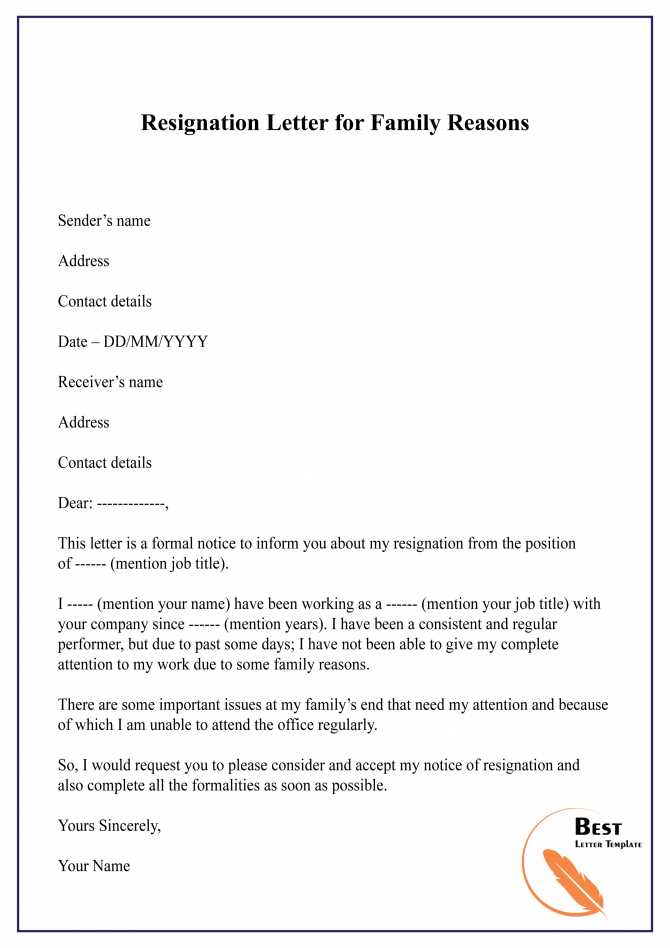
When leaving a job due to specific health-related policies, it’s essential to be aware of the legal aspects surrounding such a decision. Understanding your rights and the implications of stepping away from your position can help you make an informed choice and avoid potential legal complications. There are several key areas to consider to ensure that your decision is both legally sound and professionally appropriate.
Understanding Employment Laws and Rights
In many regions, employment laws protect workers from unfair dismissal based on medical or personal decisions, but these protections may vary depending on local legislation and the specific circumstances surrounding the policy. It’s important to research your rights regarding medical freedom, personal choice, and workplace requirements. Consult legal professionals or labor experts to gain clarity on your rights in the context of such policies.
Potential Legal Risks and Liabilities
- Wrongful Termination Claims: If your employer imposes certain health policies that you cannot comply with, and you choose to leave the company, it’s important to understand the potential for wrongful termination claims. Ensure that you are legally protected if your decision to part ways is influenced by such policies.
- Contractual Obligations: Review any agreements or contracts in place to ensure that your departure does not violate any terms. Some contracts may include clauses about resignation or leave that could impact your legal standing.
- Unemployment Benefits: Depending on the circumstances of your departure, you may be eligible for unemployment benefits. However, if you voluntarily leave, benefits could be impacted, and it’s important to understand how this might apply in your case.
By being aware of these legal considerations, you can navigate the process with confidence and minimize potential legal challenges. Always seek professional legal advice to ensure that your decision aligns with your rights and protects your interests.
Key Points to Include in Your Notice
When composing a formal notice to leave your position, it’s important to include certain key details that ensure clarity and professionalism. A well-structured message will not only communicate your decision effectively but also help maintain a positive relationship with your employer. Below are the essential points to consider including in your communication.
Essential Elements to Include
- Clear Statement of Intent: Clearly state your decision to step away from the company. This ensures there is no ambiguity regarding your intentions.
- Reason for Leaving (Optional): While it’s not mandatory to provide a reason, some individuals choose to briefly explain the circumstances behind their decision. If you feel comfortable, keep it professional and concise.
- Effective Date of Departure: Mention the specific date when your employment will end. This helps your employer plan for the transition and ensures there’s no confusion about your last working day.
- Offer to Assist with Transition: Offering help with the transition, such as training a replacement or finishing current projects, shows professionalism and willingness to support the company until your departure.
- Appreciation for the Experience: Express gratitude for the opportunity to work with the company, highlighting positive aspects of your time there. This maintains goodwill and leaves a lasting positive impression.
By addressing these key points, you will create a clear, respectful, and professional message that facilitates a smooth transition and reflects well on your character.
How to Maintain Professionalism During Job Departure
Leaving a position can be a sensitive and emotional process, but it’s essential to handle it with professionalism to preserve your reputation and relationships in the workplace. How you communicate your decision and manage your final days can leave a lasting impression, so it’s important to approach the situation thoughtfully. The following guidelines can help you navigate your departure while maintaining a respectful and professional demeanor.
Key Practices for a Professional Exit
| Action | Description |
|---|---|
| Stay Calm and Objective | Regardless of your reasons for leaving, remain calm and neutral in your communication. Avoid any emotional language or accusations. |
| Provide Sufficient Notice | Offer a reasonable amount of notice to give your employer time to adjust and plan for your absence. This reflects respect for the organization. |
| Complete Outstanding Tasks | Finish any pending work and assist with the transition of responsibilities. This shows your commitment to your role until the end. |
| Communicate with Key Stakeholders | Make sure to inform your manager and relevant colleagues about your decision. Be polite and clear about your next steps. |
| Express Gratitude | Thank your employer for the opportunities you’ve had during your time with the company. This maintains a positive relationship moving forward. |
By adhering to these guidelines, you can ensure that your departure is handled professionally, leaving the door open for future opportunities and preserving your reputation in the industry.
Alternative Options Before Stepping Away
Before making the decision to leave your current position, it’s important to consider all available options. Stepping away from a job can have significant personal and professional implications, so exploring alternatives might provide a way to resolve any concerns while retaining employment. Here are a few options you might consider before making the final choice to leave.
Options to Explore
- Requesting an Exemption: If your decision is based on a specific policy, you could inquire about the possibility of an exemption or accommodation based on medical, religious, or personal grounds.
- Seeking a Temporary Leave: Instead of permanently leaving, you could explore the option of taking a temporary leave of absence, allowing time to assess the situation without making a permanent decision.
- Negotiating Remote Work: If the policy involves in-person attendance, you could request a remote work arrangement or flexible schedule as a potential compromise.
- Open Dialogue with Management: Having an open conversation with your manager about your concerns could lead to a mutually agreeable solution, such as altering your role or responsibilities to better align with your needs.
- Exploring Other Roles Within the Company: If leaving the company entirely is not your preferred option, you could consider applying for a different position within the organization that may not require the same conditions.
Before making any decisions, carefully weigh these alternatives and evaluate their potential impact. In many cases, addressing concerns through dialogue or adjustments may offer a more balanced solution than leaving the organization altogether.